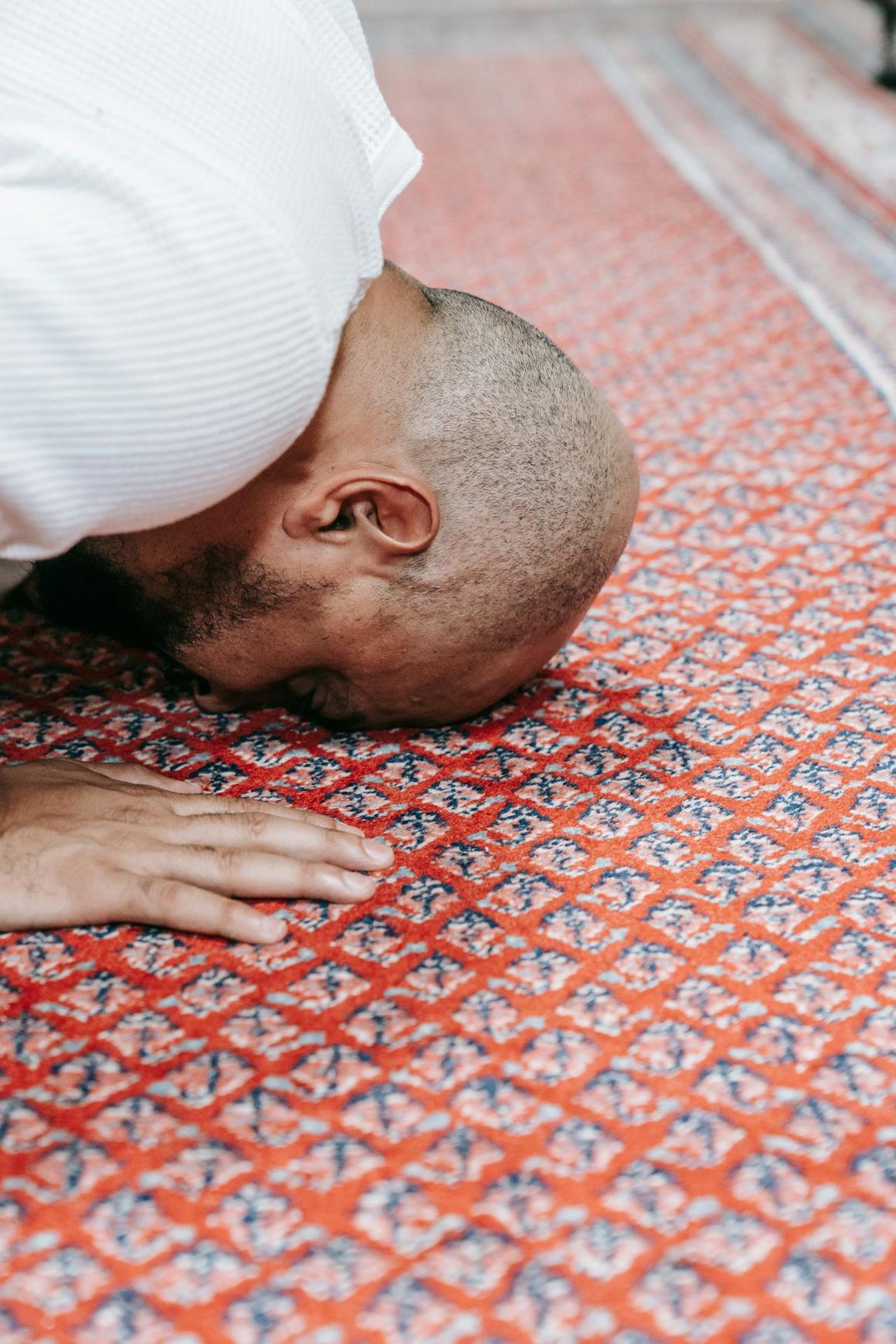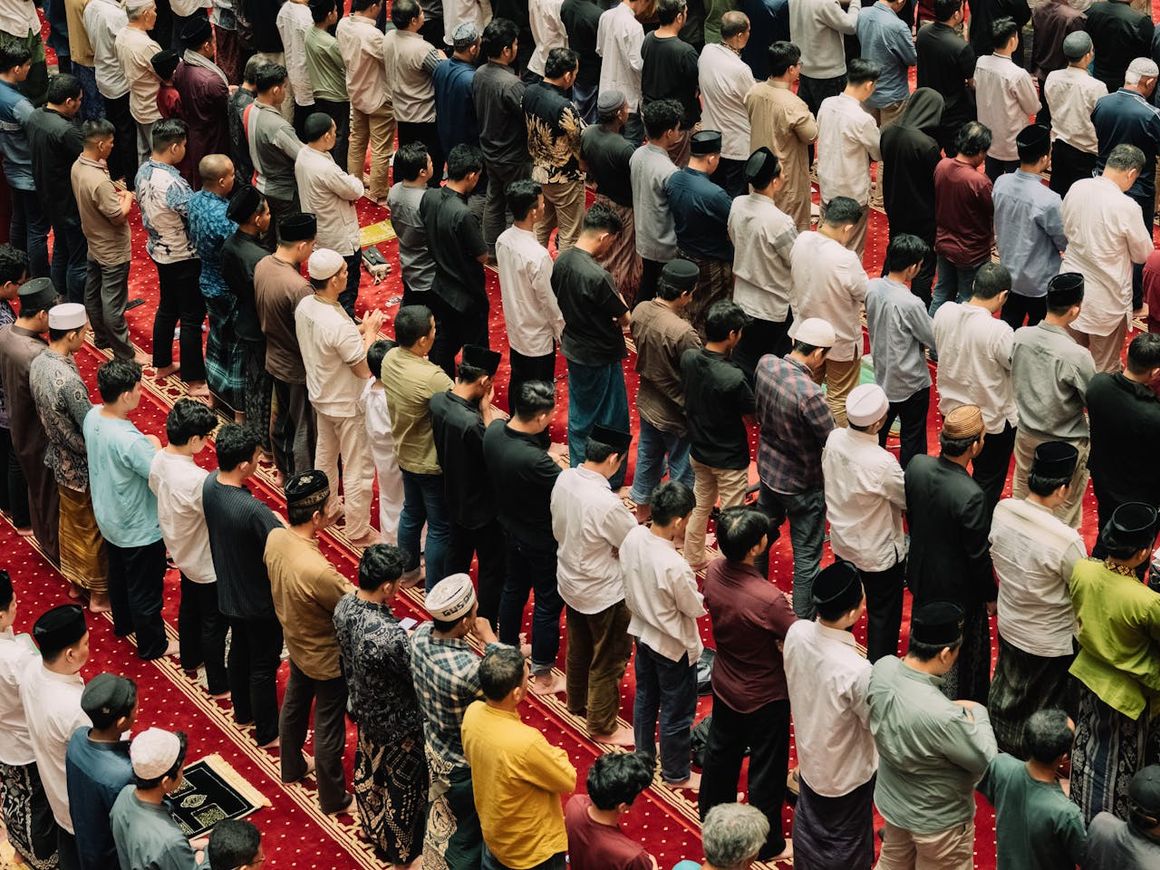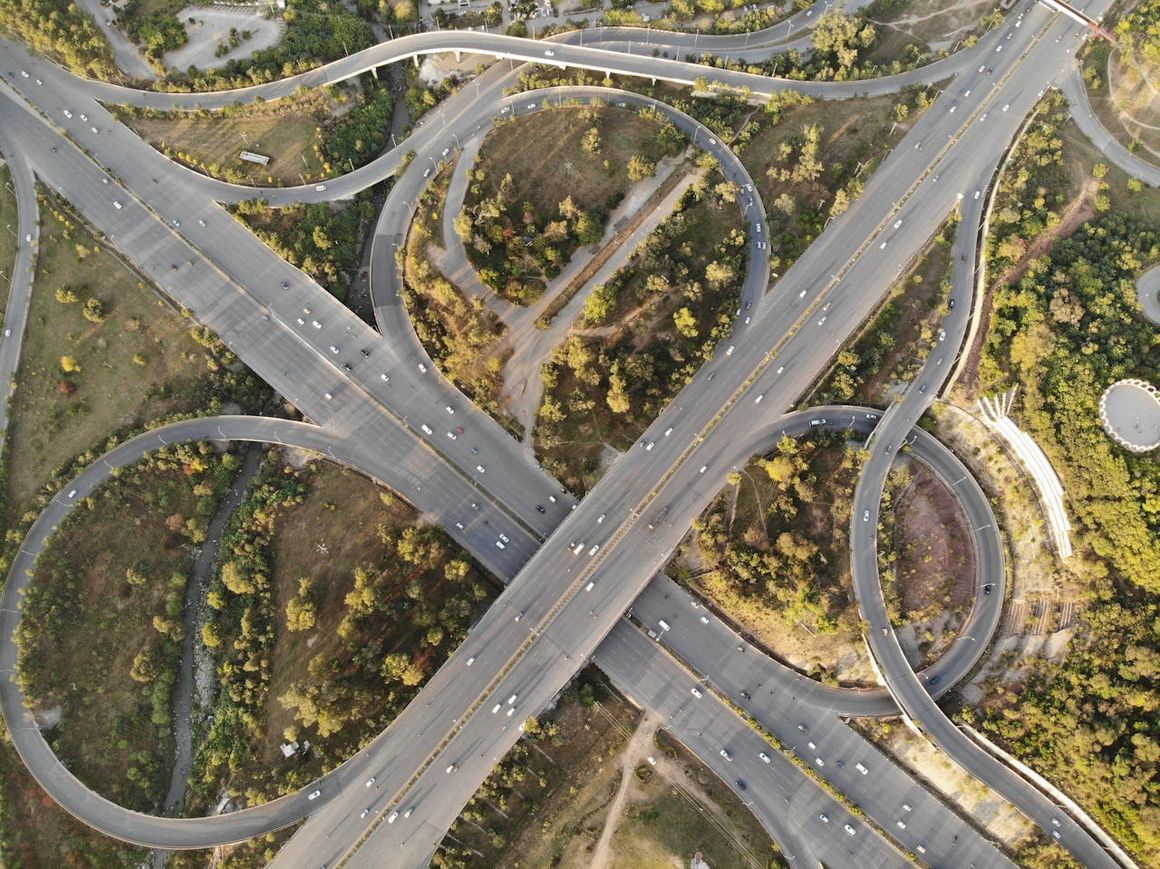Salah, the five daily prayers, is the second pillar of Islam. We understand it as an act of worship, a direct connection with Allah (SWT), and a means of seeking forgiveness and guidance. But beyond its spiritual significance, a growing body of research is revealing a fascinating truth: Salah is remarkably beneficial for our physical and mental health.
For many, the health benefits are an added blessing, a beautiful confirmation of the wisdom within Islamic practices. Let’s explore some of these hidden benefits, grounded in both scientific observation and Islamic understanding.
1. Physical Fitness and Posture
The movements within Salah – standing (qiyam), bowing (ruku’), prostrating (sujud), and sitting (julus) – constitute a gentle yet comprehensive full-body workout.
Musculoskeletal Strength: Ruku’ and Sujud strengthen core muscles, back muscles, leg muscles, and arms. The controlled movements improve flexibility and range of motion.
Improved Circulation: The transitions between postures promote blood flow throughout the body, potentially reducing the risk of cardiovascular disease. Sujud, in particular, increases blood flow to the brain, which can enhance cognitive function.
Posture Correction: The deliberate alignment of the body during Salah encourages good posture, which can alleviate back pain and prevent long-term musculoskeletal problems.
Islamic Perspective: The Prophet Muhammad (peace be upon him) emphasized the importance of maintaining physical strength. A healthy body is seen as a trust (amanah) from Allah, and we are obligated to care for it.
2. Stress Reduction and Mental Wellbeing:
Salah is inherently a calming and meditative practice.
Mindfulness & Present Moment Awareness: The focus on reciting Quran, making du’a, and performing the movements encourages mindfulness, drawing our attention away from daily anxieties and worries.
Reduced Cortisol Levels: Studies have shown that engaging in regular prayer can lower cortisol levels, the hormone associated with stress.
Emotional Regulation: The act of submitting to Allah (SWT) and seeking His guidance can provide a sense of peace and emotional stability.
Combating Anxiety & Depression: The consistent practice of Salah, coupled with a strong faith, can act as a buffer against anxiety and depression.
Islamic Perspective: The Quran repeatedly emphasizes the importance of *tawakkul* (trust in Allah) and *sabr* (patience). Salah is a powerful means of cultivating these qualities, fostering inner peace and resilience.
Verily, in the remembrance of Allah do hearts find rest.Quran 13:28
3. Improved Digestion and Metabolism
While often overlooked, the movements in Salah can positively impact digestive health.
Gentle Abdominal Massage: The bowing and prostrating movements gently massage the abdominal organs, stimulating digestion and potentially relieving constipation.
Increased Metabolic Rate: The physical activity involved in Salah, even if mild, can contribute to a slightly increased metabolic rate.
Islamic Perspective: Islam encourages moderation in all things, including eating and drinking. Maintaining a healthy digestive system is essential for overall wellbeing, and Salah can contribute to this.
4. Enhanced Cognitive Function and Memory
The increased blood flow to the brain during Sujud, combined with the mental focus required for reciting Quran and making du’a, can have a positive impact on cognitive function.
Improved Concentration: The act of focusing on the prayer helps to train the mind and improve concentration skills.
Enhanced Memory: Regular recitation of verses from the Quran can strengthen memory and cognitive abilities.
Islamic Perspective: Islam places a high value on knowledge and learning. A healthy mind is essential for acquiring and applying knowledge, and Salah can contribute to maintaining cognitive function.
5. Spiritual and Emotional Healing
Beyond the physical and mental benefits, Salah offers profound spiritual and emotional healing.
Connection with Allah (SWT): The most significant benefit of Salah is the direct connection it fosters with Allah (SWT). This connection provides comfort, guidance, and a sense of purpose.
Forgiveness & Repentance: Salah is an opportunity to seek forgiveness for our sins and renew our commitment to Allah (SWT).
Gratitude & Contentment: Reflecting on Allah’s blessings during Salah cultivates gratitude and contentment.
Salah is a holistic practice that nourishes the body, mind, and soul. It’s a testament to the wisdom of Islam, which recognizes the interconnectedness of all aspects of human wellbeing. Let us strive to perform our prayers with sincerity and mindfulness, reaping the countless blessings that Allah (SWT) has bestowed upon us.


